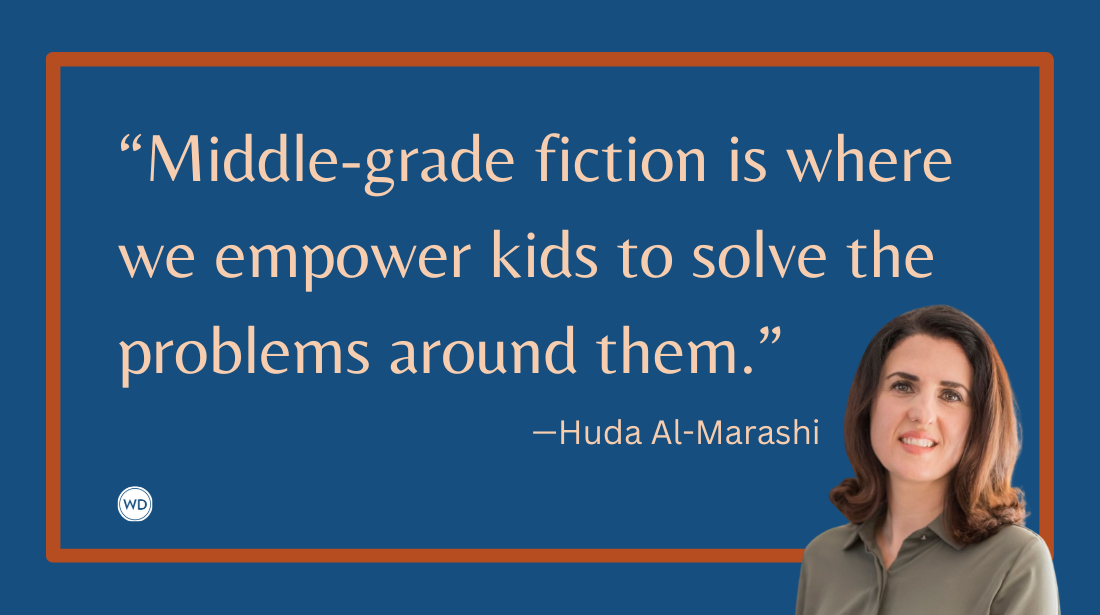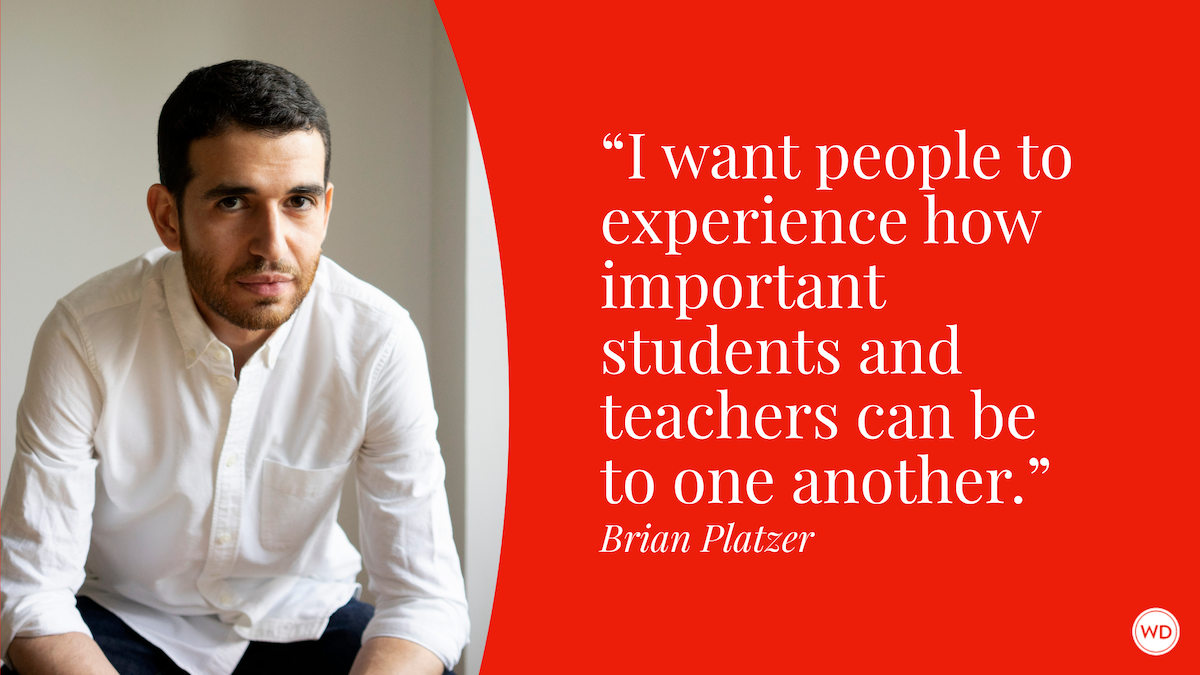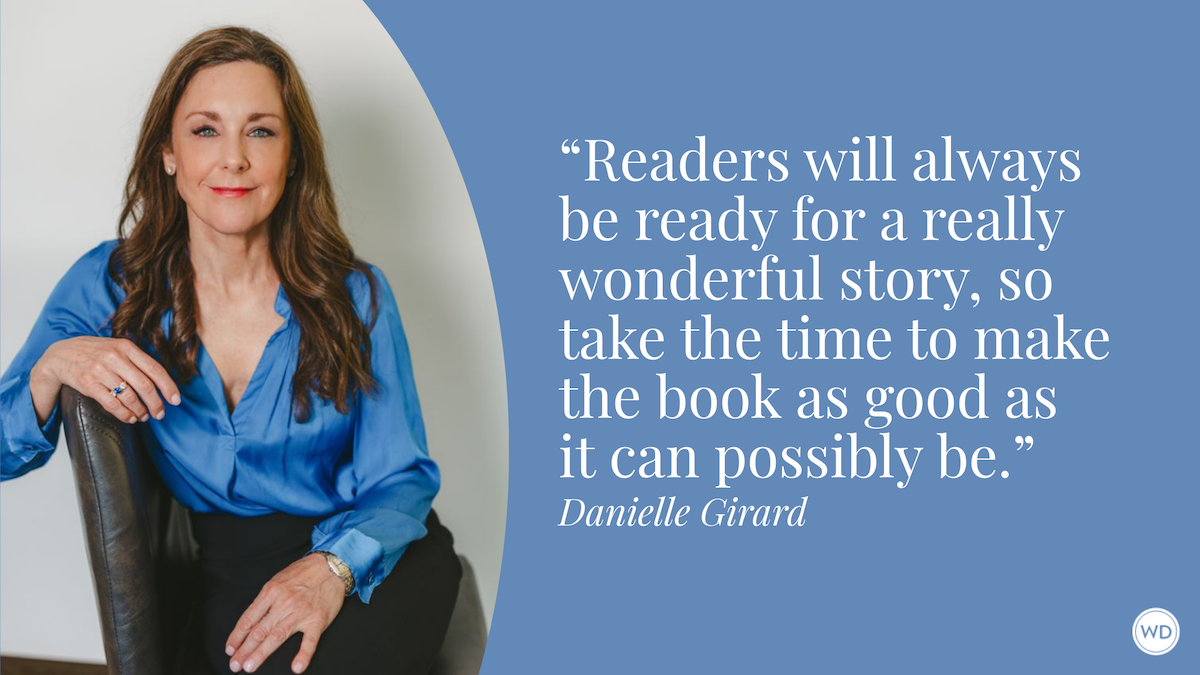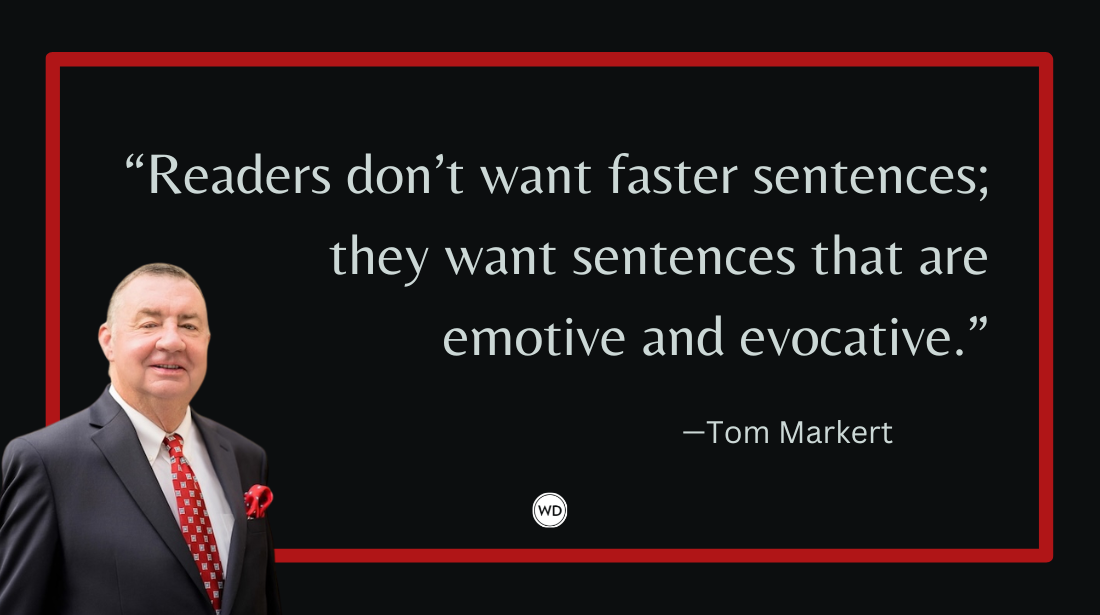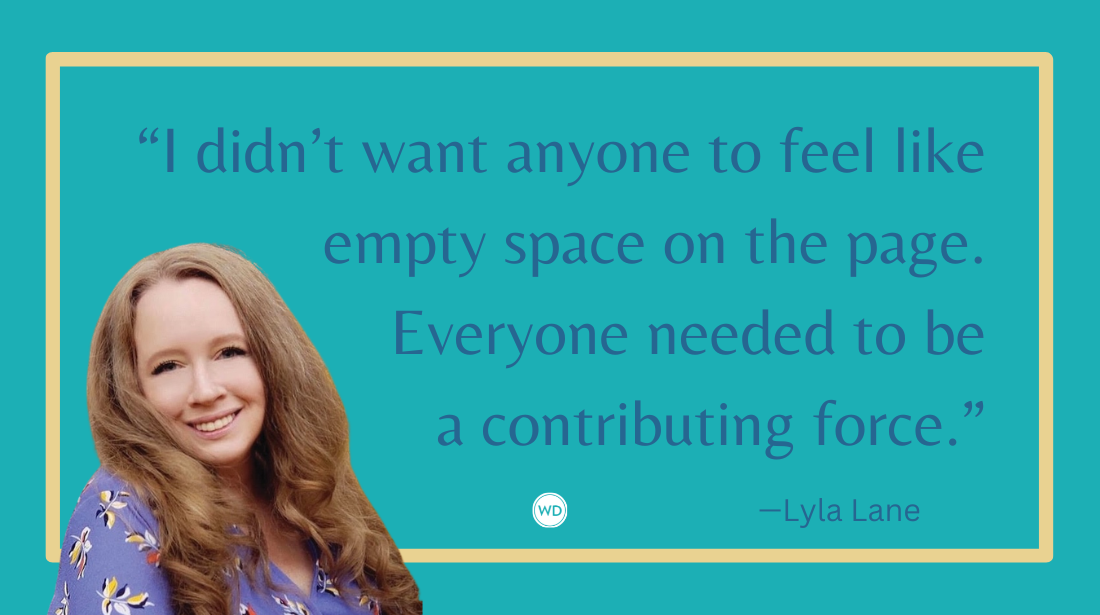7 Tips for Writing Crime Fiction
Bestselling author Dana Stabenow shares her top tips for writing the best crime novel possible.
I only wish I’d had this list when I began writing, but 37 novels later, I do have a few things figured out. I don’t follow all these rules slavishly. I say begin with the murder but…often I don’t. Every writer does things differently, so don’t take how someone else writes for your template. I could add that many writers do things differently in different books but that will just make you cry so I won’t. Try everything below once, keep what works for you, and trash the rest.
1. Begin with the murder. Get into the victim’s head as they die. Make it as real and as awful as you can. This invests the reader with sympathy for the victim no matter how horrible they were in life and lends that much more urgency to your protagonist’s quest to find the murderer. It will make finding the killer that much more urgent for the writer as well.*
*Who would be you.
2. Love your creeps. Put the villain on display and do it early in the narrative. Get your reader invested in the character and then betray the hell out of both of them.
IndieBound | Bookshop | Amazon
[WD uses affiliate links.]
3. Put your protagonist at risk. Physically, mentally, emotionally, any or all. Liam Campbell jumped out of an airplane (on purpose), was nearly flattened by a herd of walrus, and has been shot at and missed far too many times. We won’t even go into his love life or his family damage. Let’s face it: We’re all a hot mess. Make your heroes human so your readers can relate to them.
Pro tip: Don’t make them drunks or addicts or on the spectrum, because all of those things have been done to death. So to speak.
4. Make your protagonist a hero, if not in his own eyes then in everyone else’s. A hero is better than you and me; that’s why they are heroes and why they deserve their own novel and you and I don’t. How? In the end, the hero always Does the Right Thing and justice is served, if not the law.*
*If you don’t know the difference you’re in the wrong business.
5. Never neglect setting.* It’s key to everything that follows. What does it look like, smell like, sound like, feel like? What effect does the setting have on the characters, and why? Once you figure out setting, you can figure out who lives there and after that what they’re up to.
*Maps are always good, for you and for the reader.
6. Decide early on if you’re writing a series or a stand-alone.* Don’t introduce that great character only to kill him off at the end of the first book of a 22-book (and counting) series. Don’t ask me how I know.
*Realize that a book can turn on you at any time, and often will.
7. Backstory. Every single character gets one, including the guy who shows up once to deliver the mail. It can be as little as a sentence or as much as a subplot running through the entire narrative. The supporting cast is what makes a great book and what gives a series long legs.
Coda: This is going to sound self-evident, but lately I have read far too many novels in which I cannot find a single character to like, to identify with, to root for. Have at least one person in your book whom the reader can cheer on. If you don’t, you might not lose anyone else but for sure you’ll lose me.
Dana Stabenow, born in Alaska and raised on a 75-foot fish tender, is the author of the award-winning, bestselling Kate Shugak series. The first book in the series, A Cold Day for Murder, received an Edgar Award from the Mystery Writers of America.




